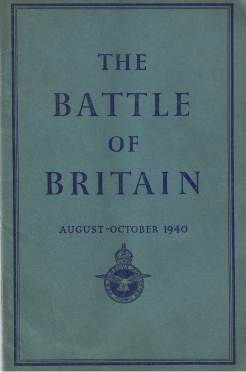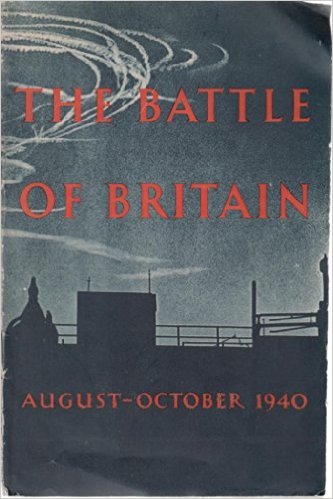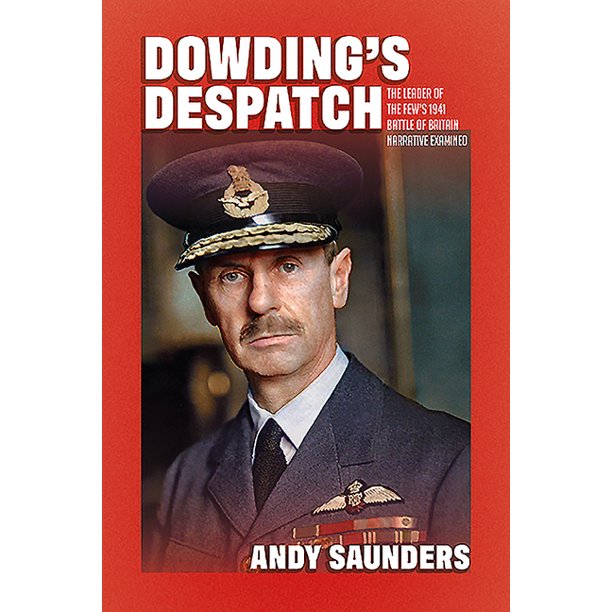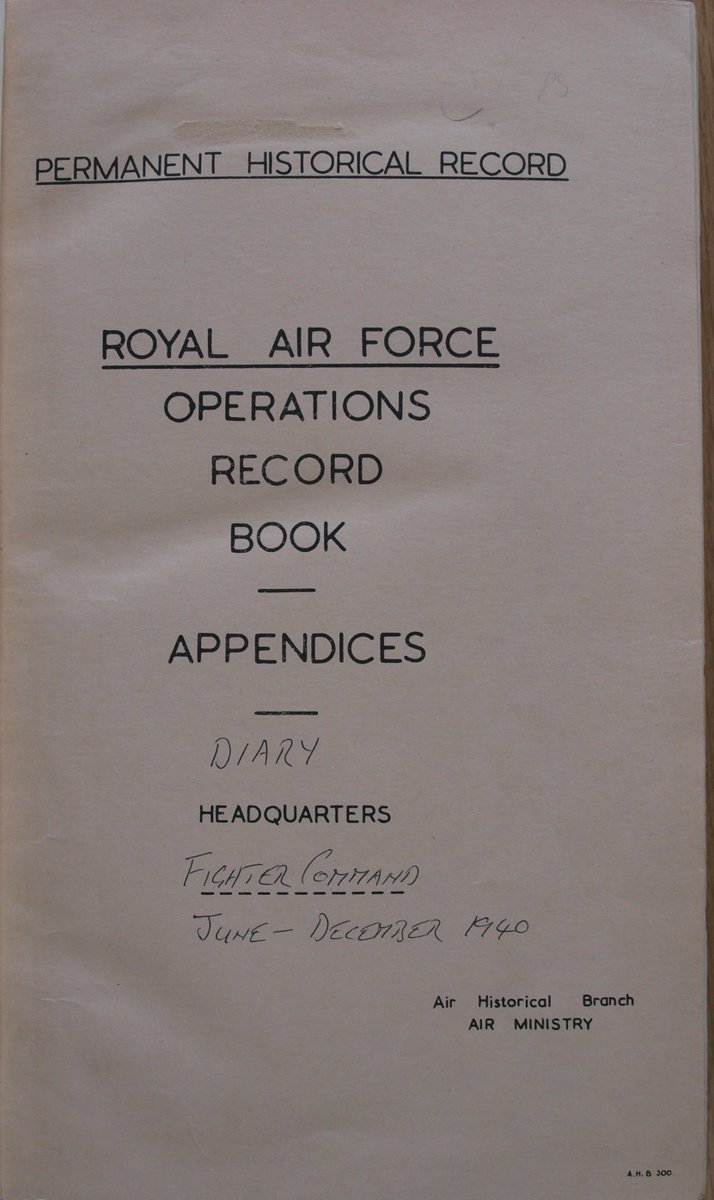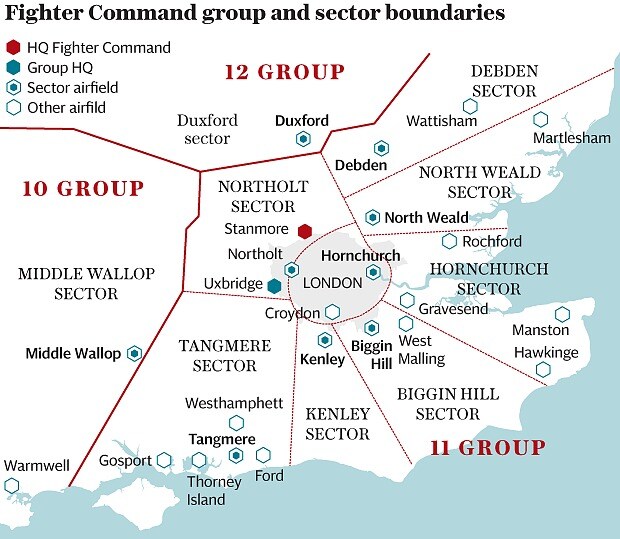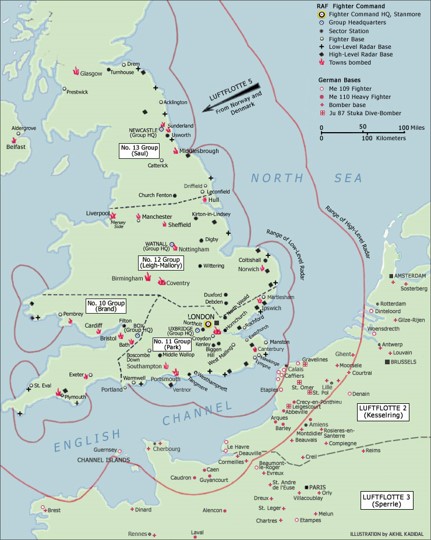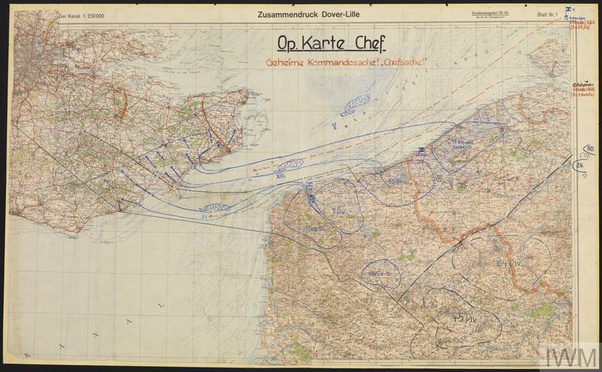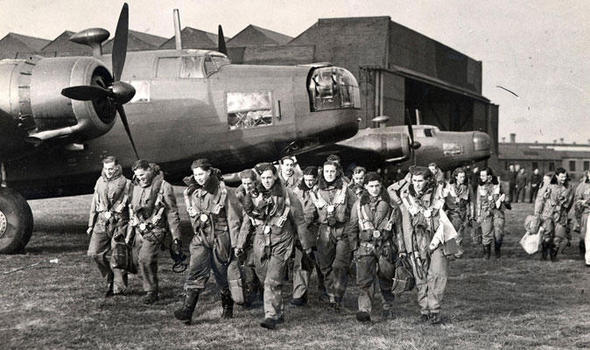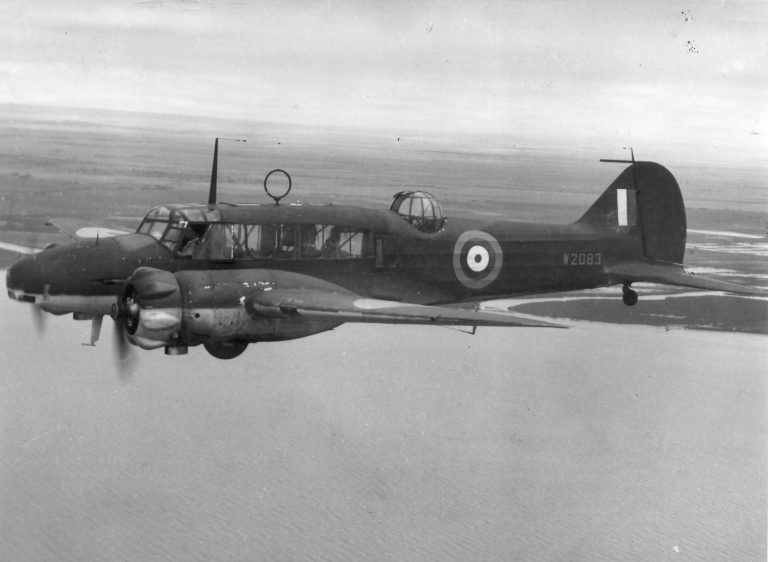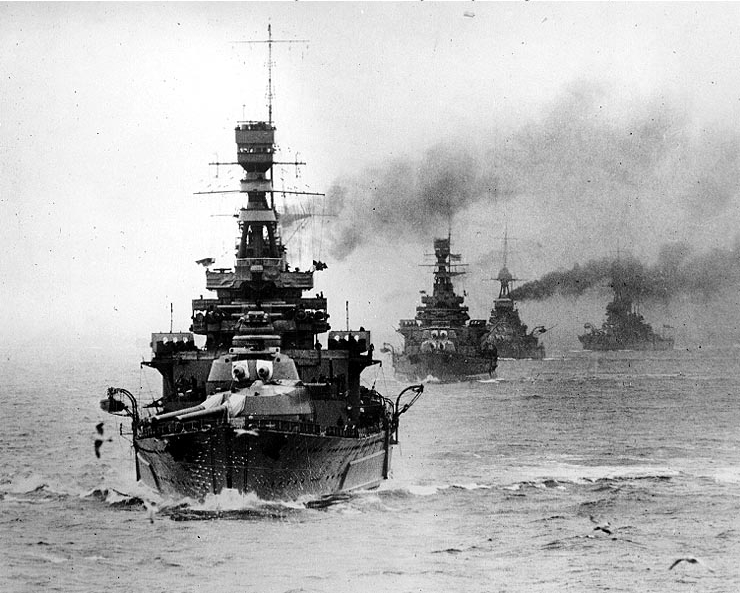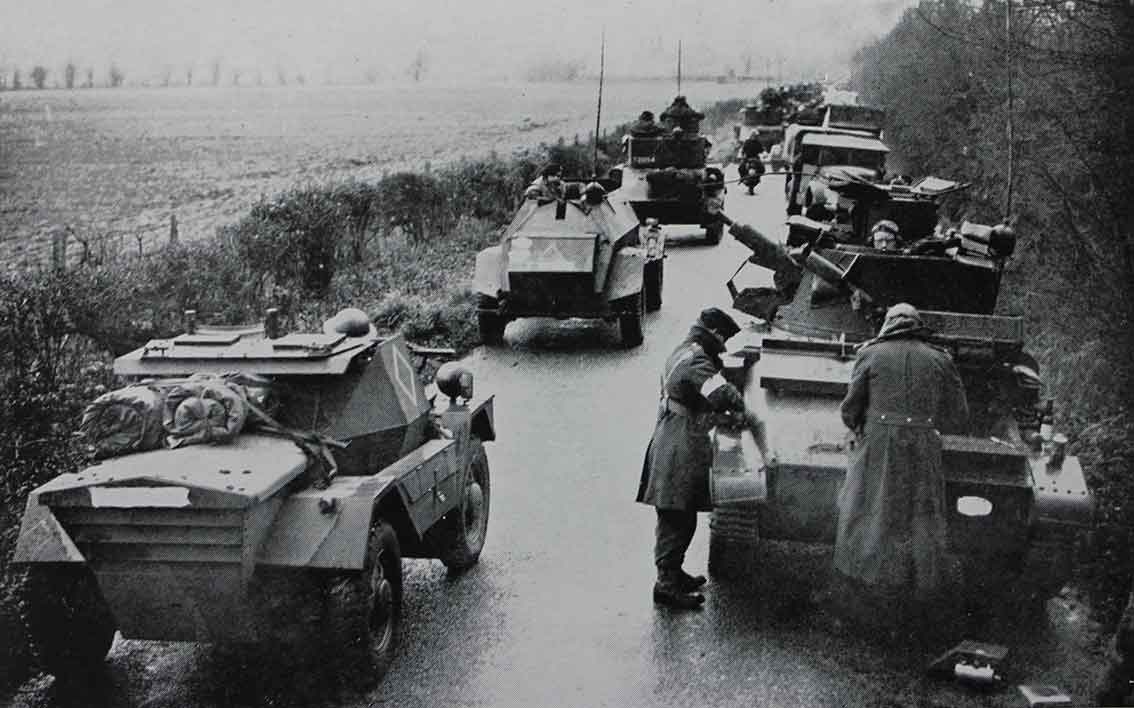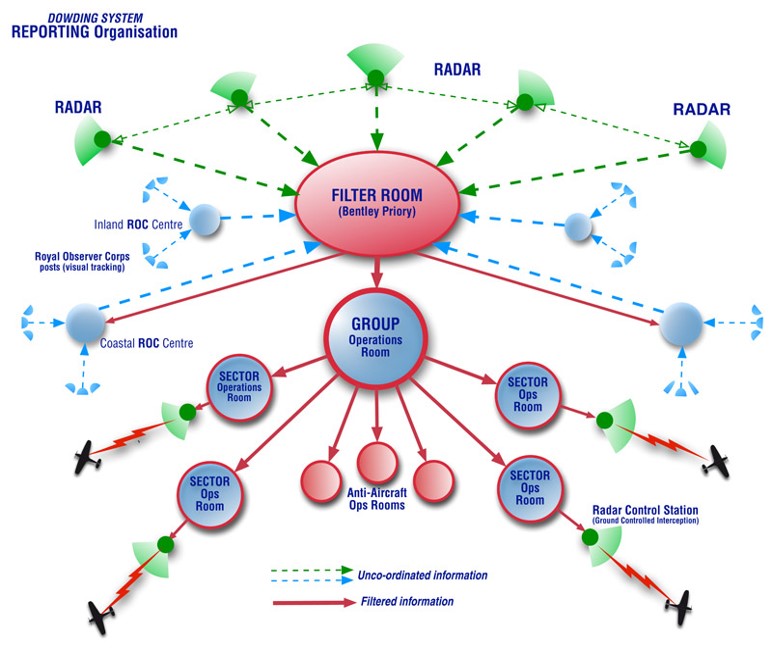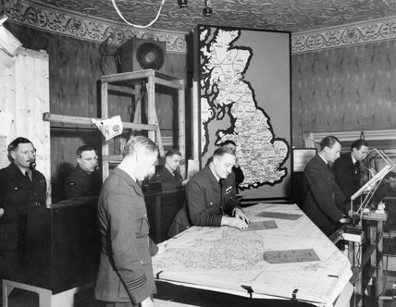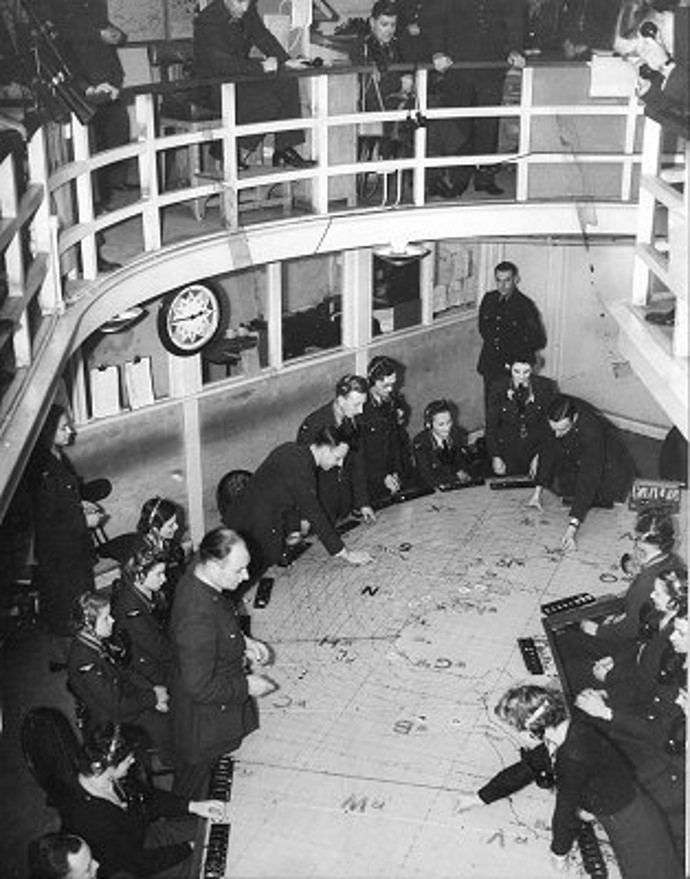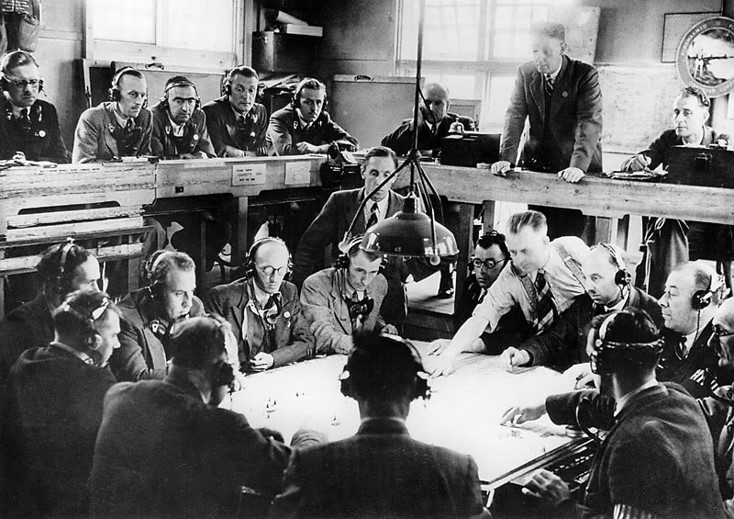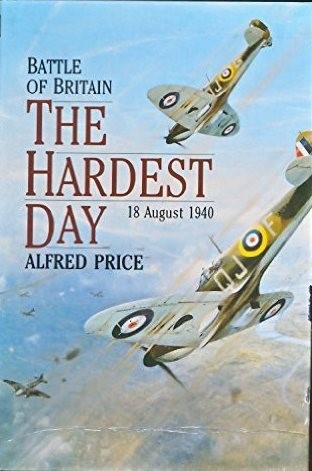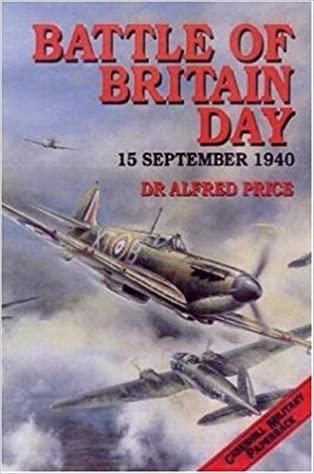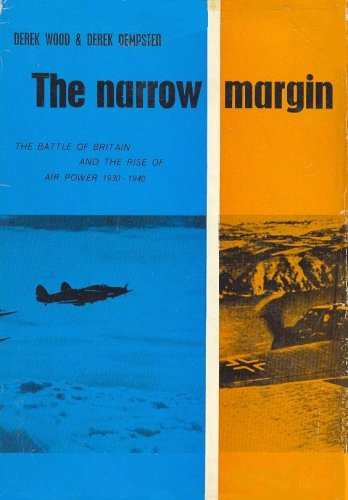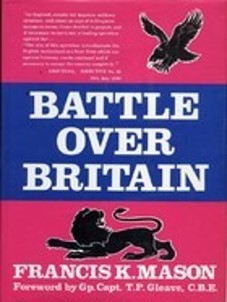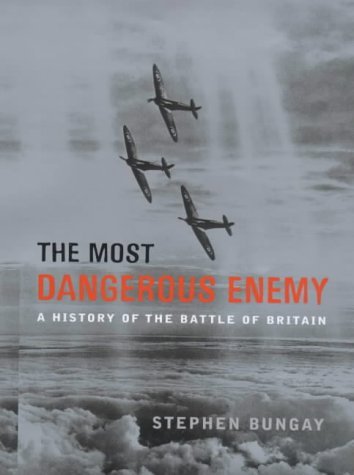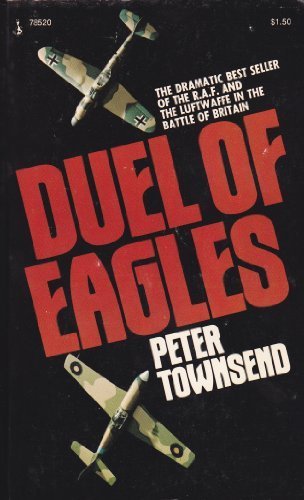1. As September ends, the 80th commemoration of the Battle of Britain continues. Whilst the Battle officially ran from 10 July to 31 October, due the dates chosen by Dowding for his 1946 Despatch in the London Gazette, contradicting the 1941 pamphlet, the reality was different.
2. The RAF war dairies in TNA are all collated from June-December, while the Luftwaffe Angriffe auf England: Materialsammlung at Freiburg are from July 1940-June 1941, illustrating the arbitrary way that the dates of the Battle have been defined, which Dowding admitted.
3. The historical narrative does not match the popular myth of a few 100 fighter pilots holding off the German war machine to prevent invasion. This does not diminish its significance as a necessary battle, but rarely acknowledges the depth of defences throughout the UK.
4. As well as other RAF Commands & the Royal Navy, & the reorganised army formations by September, any invasion attempt depended on the expulsion of Fighter Command from SE England. In recent years the importance of the Battle in preventing an invasion has been challenged.
5. This was the first major battle between air forces fighting independently of other armed forces. While the British side had spent years developing a defence system, the Luftwaffe was still replenishing the 40% losses caused by the Western campaign, without a coherent plan.
6. This thread will not challenge the dates of the Battle but will highlight some lesser known significant days. The excellent books by Alfred Price have emphasised 18 August and 15 September in the historiography, to the detriment of many other days of hard fighting.
7. The first week in September resulted in 25% of Fighter Command and 24% of Luftwaffe overall losses for the campaign which outside the days in Price’s works. Other historians have alluded to the significance of individual days in the Battle of Britain, with differing opinions.
8. Wood and Dempster describe 15 August as ‘their greatest effort of the battle’, and 18 August as ‘almost as decisive in its results’. Mason describes the 15 August as ‘the bitterest fighting of the whole battle’, remembered ‘as Black Thursday throughout the Luftwaffe’.

 Read on Twitter
Read on Twitter